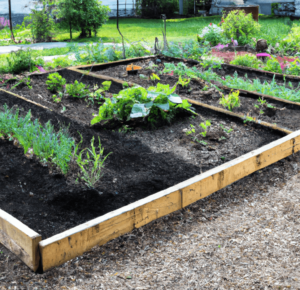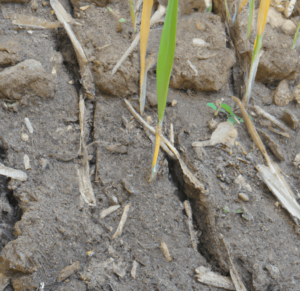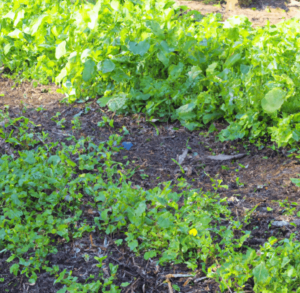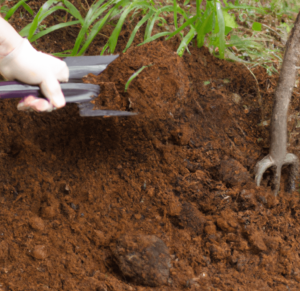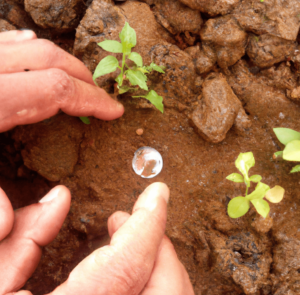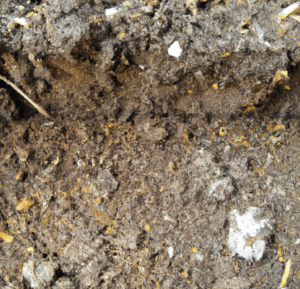Many people now enjoy gardening as a hobby since it not only supplies them with fresh vegetables but also helps them to connect with nature and enhances their mental well-being. Possessing deep, fertile soil that gives plants all the nutrients they need is essential for successful gardening. Worm composting is useful in this situation.
Worm composting or vermicomposting is a process for creating compost that involves worms breaking down organic waste into a rich, nutrient-rich fertilizer for plants. It’s an easy, environmentally responsible, and economical way to recycle food scraps and other organic wastes and transform them into useful garden resources. We’ll go through the benefits of using worm composting in your garden, including how it can enhance plant health, save you money, and lessen your carbon impact.
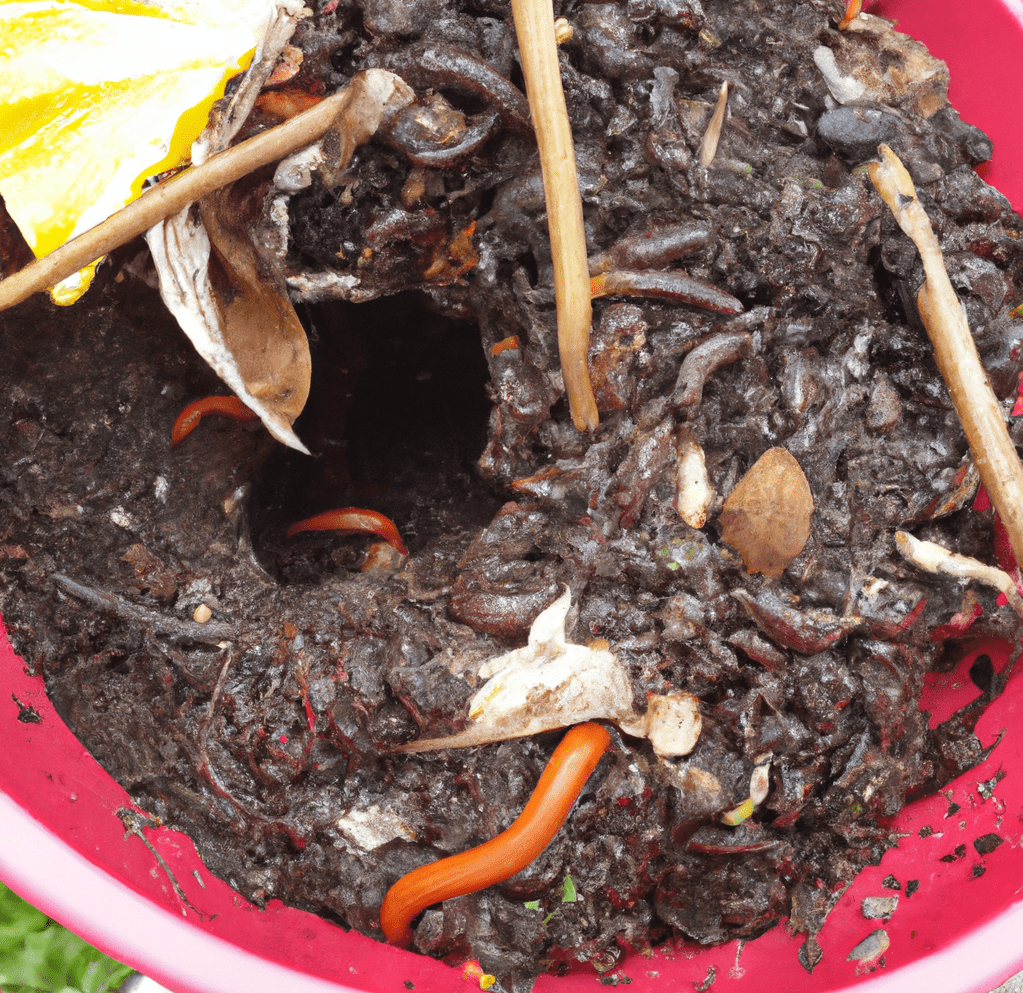
How Worm Composting Works
Earthworms are used in worm composting to turn organic waste into nutrient-rich compost for the soil. This method is an efficient and environmentally beneficial technique to cut waste and increase soil fertility:
- Worm composting is a type of composting where organic waste is put in a bin with bedding materials like leaves or shredded newspaper. The bedding gives the earthworms a cozy home to live in as they convert the organic waste into compost. Compost produced by earthworms is nutrient- and microbe-rich, making it the perfect soil improvement.
- The earthworms’ residence in a worm compost bin is the bedding.
The Process of Worm Composting
The benefits of using worm composting in your garden include the fact that it is a high-quality plant fertilizer while being effective and sustainable for waste reduction. The process is as follows:
- Setting up a composting bin or container and filling it with bedding-such as shredded newspaper or leaves-that offers a comfortable habitat for the composting worms is the first step in the procedure.
- The sheets should be dampened but not drenched.
- The composting worms are then fed to the bin, typically red wigglers or red earthworms.
- Regularly organic waste items like eggshells, coffee grounds, and leftover fruit and vegetable scraps are put into the bin.
- The organic material is consumed by the composting worms, which then convert it into nutrient-rich compost.
- Compost will eventually gather at the bin’s base, where it may be taken out and applied as fertilizer for the soil.
- Monitoring the conditions in the composting bin is crucial to maintaining the bedding’s moisture, an appropriate temperature range, and enough food for the composting worms.
- In just a few months, a well-kept worm composting bin will create compost, where the role of soil fertility in plant growth is highlighted.
The Types of Worms Commonly Used in Worm Composting
The benefits of using worm composting in your garden wouldn’t be possible with your little helpers or Eisenia fetida, redworms, and red wigglers. These worms are proficient at decomposing organic matter into worm castings, which are rich in nitrogen and other crucial plant nutrients.
Worm castings are used in gardening to enhance fertility and soil structure. To understand soil structure and its importance in plant growth better, worm castings are a great source of slow-release plant nutrients and contain helpful bacteria. Worm castings are a great complement to any organic gardening endeavor since they enhance soil aeration and water retention.
The Benefits of Using Worm Composting in Your Garden: Environmental Benefits
Another one of the benefits of using worm composting in your garden is reducing trash and having several positive environmental effects. Vermicompost, a nutrient-rich fertilizer created by composting worms from organic waste, can be used to enhance the quality of the soil and encourage the growth of healthy plants.
Food and yard waste can be processed naturally by worm composting, which lowers the quantity of garbage dumped in landfills. Additionally, the worm composting bedding material aids in absorbing extra moisture and maintaining a wholesome habitat for the worms, hence lowering the amount of water needed for composting.
A natural and environmentally friendly substitute for artificial fertilizers, which can have unfavorable effects on the environment, is fertilizer made by composting worms. Vermicompost is nutrient- and microbe-rich, fostering soil fertility and good plant growth.
How Worm Composting Reduces Waste and Promotes Sustainability
The benefits of using worm composting in your garden also include decreasing household and organic waste that involves feeding food scraps and other organic material to worms, who then break it down.
This procedure reduces trash while simultaneously producing worm castings, an important soil improvement. The worms have a place to live in the bedding, which is commonly comprised of shredded paper or cardboard, and it helps to keep a wet, balanced environment for them to grow in.
The worms make compost that is rich in nutrients and healthy microbes as they break down the organic material in the bedding. Because it keeps organic waste out of your local landfill, where it would break down and generate methane, a powerful greenhouse gas, worm composting is a sustainable alternative. Instead, the waste is converted into a superior fertilizer that may be used to increase the fertility and health of the land.
This procedure encourages sustainability by lowering the need for synthetic fertilizers and encouraging the adoption of organic farming techniques in addition to minimizing trash. Worm compost is an environmentally responsible way to develop strong plants because it also minimizes the demand for water and other inputs.
How Worm Composting Improves Soil Health and Helps to Conserve Water
Worm composting is an easy and efficient technique to conserve water and enhance soil health. As one of the benefits of using worm composting in your garden, the composting worms create nutrient-rich castings that can be utilized to improve the soil by eating food scraps and other organic material.
Beneficial bacteria and enzymes found in the worm castings aid in the breakdown of organic debris and increase soil aeration. This improved structure makes it easier for water to permeate the soil, which improves water retention and reduces runoff. Worm composting also offers plants a consistent source of nutrients and gradual release, such as nitrogen, phosphorus, and potassium. This helps to lessen the need for artificial fertilizers, which can be detrimental to the environment and the health of the soil.
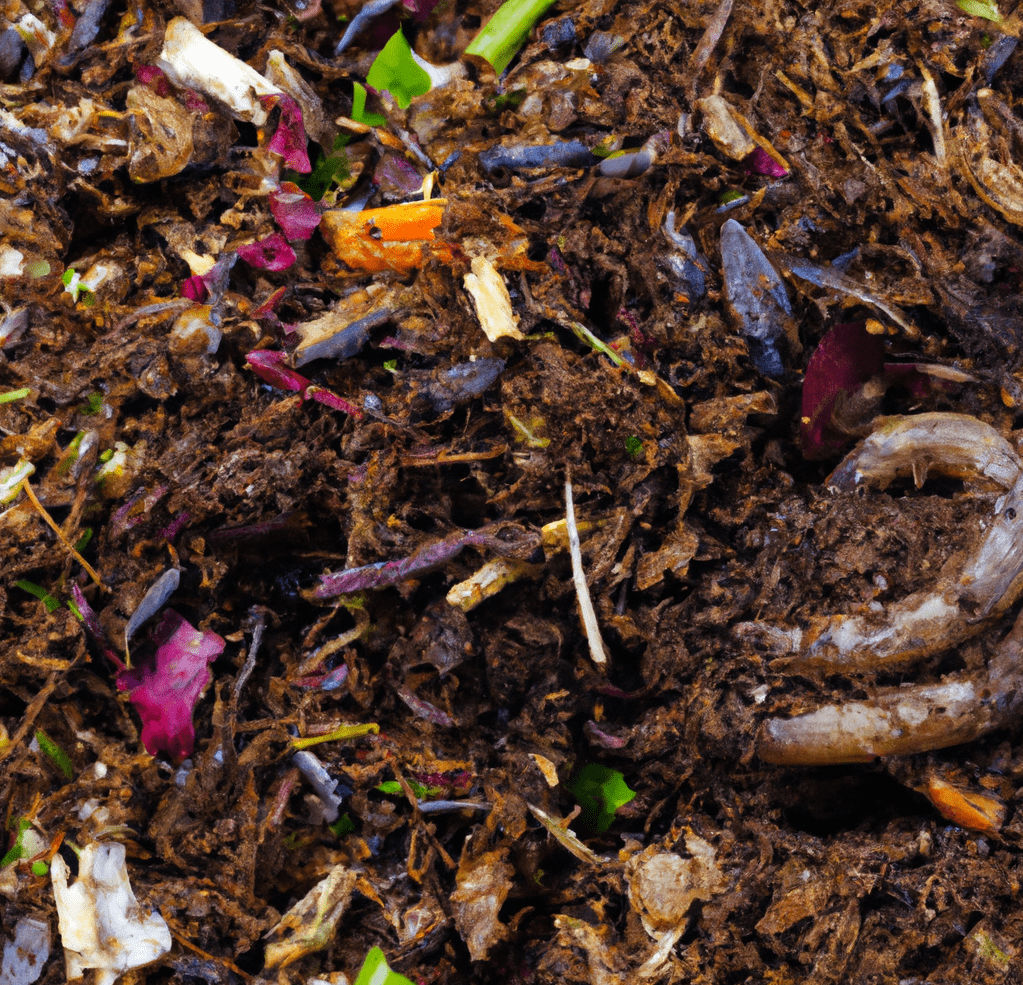
Gardening Benefits
Growing fresh food, reducing waste through composting, and enhancing soil quality are just a few of the benefits of using worm composting. You may control the sort and quality of the food you eat by growing it yourself. You can also lessen your carbon footprint by cutting down on the distance that food must travel to get to you.
Discussion of How Worm Composting Improves Plant Growth and Yields
The benefits of using worm composting in your garden also include plant growth and production. First, a variety of nutrients that plants need for healthy growth may be found in worm compost. The worms emit nutrient-rich castings that can be used as plant fertilizer while they ingest food leftovers. These castings are a good source of micronutrients like iron, copper, and zinc as well as nutrients like nitrogen, phosphorus, and potassium. Worm compost aids in enhancing soil structure as well as delivering vital nutrients. As they tunnel through the soil, the composting worms aerate it, opening up spaces for roots, air, and water to enter. This improved root growth and water retention result in healthier plants and larger yields, which is a direct result of the improved soil structure. Finally, worm compost is a sustainable and natural technique to increase harvests and plant growth. Worm compost is mild and helps maintain the long-term health of the soil, in contrast to artificial fertilizers, which can be harsh and harm the soil.
How Worm Composting Helps to Control Pests and Diseases
The benefits of using worm composting in your garden include pest and disease management in the soil. First off, the worms’ compost contains healthy bacteria and natural plant growth stimulants that can aid in lowering the number of detrimental pests and illnesses in the soil.
Second, the compost also aids in enhancing the structure of the soil, which might make it harder for pests and illnesses to establish and spread. Also, utilizing worm compost as fertilizer rather than chemical fertilizers helps lessen the possibility of soil pollution and supports the ongoing health of the soil ecosystem.
Setting Up a Worm Composting System
Now that you know about the benefits of using worm composting in your garden, you can set up a system:
- Decide on a container: Small-scale worm composting works nicely in a plastic container with a tight-fitting lid. Place a tray under the bin to capture any liquids, and drill ventilation holes on the sides.
- Make bedding out of this: For bedding, use shredded newspaper or coir (coconut fiber). Place the moistened bedding in the container’s bottom.
- Composting worms should also be added; red wigglers are the most popular kind. Each day, they can consume as much food waste as they weigh.
- Give the worms food: Small quantities of organic food waste can be added to the bedding. To lessen odors and repel fewer bugs, make sure the meal is broken up into little bits and buried in the bedding.
- Upkeep of the system: The bedding should be kept damp but not soggy. To give the worms room to move around, add food trash to one side of the container. Every three to four months harvest the compost by carefully removing it from one end of the container and putting it in a different bin. When the compost is dark and crumbly, it is ready to be used as fertilizer.
You may lessen your trash, create a more sustainable world, and turn your food waste into a useful resource for your plants by putting up a worm composting system.
Tips for Maintaining and Troubleshooting Your Worm Composting System
As you learn about the benefits of using worm composting and put together your own system thanks to this article, here are some tips to keep in mind:
- Maintain your compost pile’s bedding by incorporating organic materials like shredded paper, leaves, or straw. The worms will be able to thrive in this environment.
- Fill your compost pile with a healthy mixture of green and brown organic material. Fruit and vegetable scraps, grass clippings, and coffee grounds are examples of green stuff, whereas cardboard, paper, and leaves are examples of brown material.
- Gather worm castings and use them as fertilizer or a soil additive. Your garden will benefit from this rich compost, which will help to increase soil richness and water retention.
- Check the moisture levels in your compost pile and make any necessary adjustments. The worms cannot live in a compost pile that is too dry, and the air cannot circulate freely enough in a wet pile.
Consult a composting professional or look up troubleshooting tips in a worm composting guide if you experience any issues with your system.
Bottom Line: The Benefits of Using Worm Composting in Your Garden
The benefits of using worm composting in your garden include enhancing soil structure, giving the soil organic fertilizer, and acting as a useful bedding material.
Gardeners can lessen their environmental impact and enhance the health of their plants by composting organic waste with worms. Worm composting is a straightforward technique that can be carried out on a small or big scale, depending on the needs of the community garden or backyard. It can even be used indoors and is a sustainable substitute for conventional composting techniques.
FAQs on The Benefits of Using Worm Composting in Your Garden
What is worm composting, exactly?
A method of producing compost utilizing earthworms to break down organic waste into a nutrient-rich fertilizer for plants is called worm composting, also known as vermicomposting.
What are the benefits of using worm composting in your garden?
Worm composting is a quick, affordable, and eco-friendly approach to converting food scraps and other organic waste into materials that can be used in gardens. It can improve plant health, enable financial savings, and lessen the carbon footprint.
What is the worm composting process?
Setting up a composting bin or container filled with bedding, adding composting worms (such as red wigglers or red earthworms), adding regular organic waste materials, and monitoring the conditions in the bin are all steps in the worm composting process. Compost will eventually collect at the bottom of the bin and can be removed and used in the soil as fertilizer.
Which worm species are most frequently employed in worm composting?
Without Eisenia fetida, redworms, and red wigglers, the advantages of worm composting would not be achievable. These worms are effective in breaking down organic material to produce worm castings, which are full of nitrogen and other essential plant nutrients.
What are the advantages of worm composting for the environment?
By naturally digesting food and yard waste, worm composting reduces waste. Additionally, it lessens the need for artificial fertilizers, which can have a detrimental impact on the environment, and the amount of trash disposed of in landfills.
How can worm composting enhance sustainability and minimize waste?
By using worms to break down household and organic trash, worm composting minimizes waste. This procedure prevents organic waste from ending up in landfills, where it would produce methane, a potent greenhouse gas, and creates worm castings, a significant soil improvement. By minimizing the demand for synthetic fertilizers and boosting organic farming practices, worm composting promotes sustainability.
Why does worm composting strengthen the soil and save water?
By producing a nutrient- and microbe-rich compost that promotes soil fertility and healthy plant growth, worm composting enhances soil health. Lowering the need for water and other inputs and by giving the worms a moist, balanced habitat to live in, also aids in water conservation.


